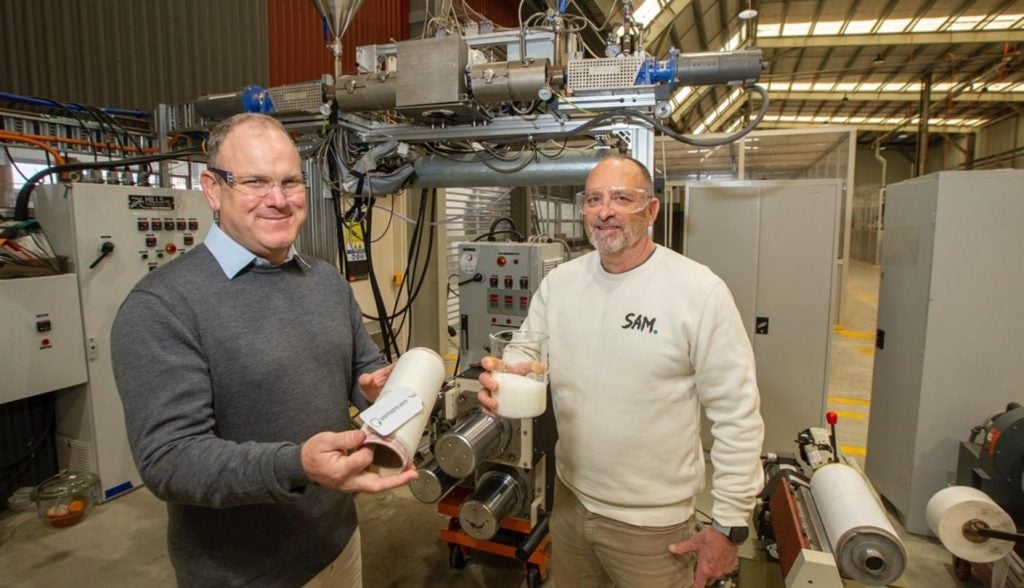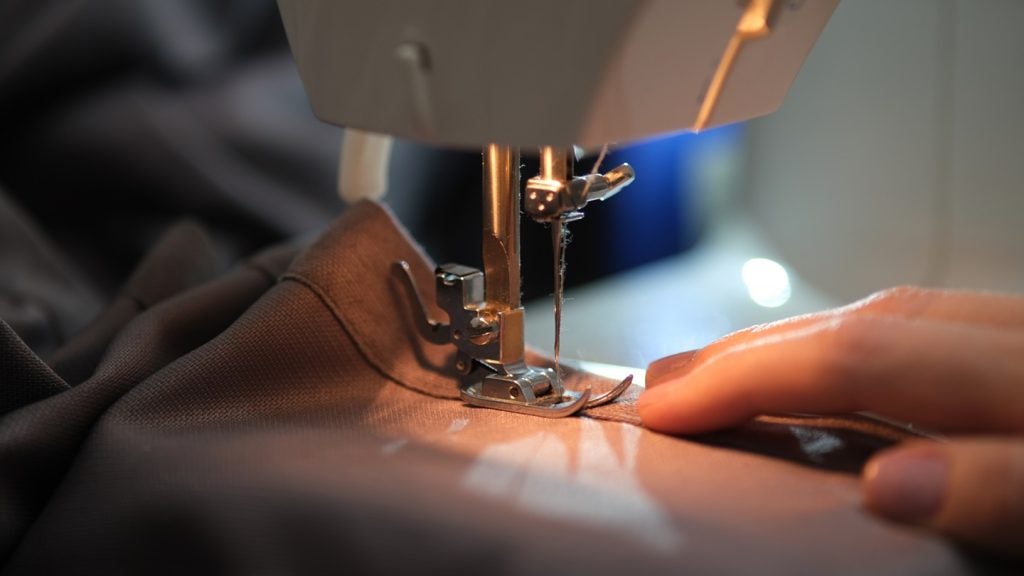Samsara Eco's collaboration with Deakin's REACH aims to address the persistent environmental challenge posed by textile waste.
According to recent data, synthetic fibres such as nylon and polyester constitute nearly 60% of the materials used in Australian clothing.
However, less than 1% of discarded garments are recycled into new clothing, with the majority ending up in landfills or being incinerated.
Samsara Eco explains its approach involves AI-designed enzymes that can decompose synthetic fibres, including nylon 6,6 and polyethylene terephthalate (PET), back into their original monomers.
These monomers can then be reconstituted into new products that match the performance of virgin materials.
Samsara Eco's partnership will leverage Deakin University's expertise in chemical analysis and polymer processing to enhance the recycling process for textile waste containing specific additives like dyes and finishes.
Samsara Eco founder and CEO Paul Riley said: “We are laser-focused on creating true circularity and that means finding a solve for all plastics. This research supports our efforts to make this a reality. We’ve already come a long way with our enzymatic recycling technology, which can infinitely recycle PET and nylon 6,6 plastics used for clothing and other textiles, including mixed fibres and plastics. Our research collaboration with Deakin will support our efforts to recycle more waste at speed, scale and with precision.”
Samsara Eco's enzymatic depolymerisation technology is designed to enable the restoration of worn or contaminated textiles into virgin-equivalent materials against the traditional mechanical recycling methods that degrade material quality and recyclability.
Deakin School of Life and Environmental Sciences professor Colin Barrow said: “Our research tackles a critical challenge in textile recycling – understanding how dyes, textile finishes, coatings and other chemical treatments affect the breakdown and rebuilding of synthetic fibres, including other types of polyester and nylon to repurpose into new products.
“We are exploring solutions by analysing these contaminants and determining their impact on textile recycling processes, to make it possible to produce high-performance recycled materials from all types of waste feedstock.”
Samsara Eco also has an agreement with global activewear brand Lululemon, aiming to supply recycled materials for approximately 20% of Lululemon's fibre portfolio. This partnership builds upon previous joint ventures that produced retail garments from enzymatically recycled polyester.
Samsara Eco aims to open its first commercial plant in Jerrabomberra district in Australia within the current year.
The company’s 2030 vision is to process up to 500m pieces of clothing and 10bn plastic bottles every year, potentially preventing the release of several “hundreds of thousands tonnes of carbon emissions”.
“We’re uniquely positioned to recycle mixed plastics and fibres. We’re taking post-industrial and post-consumer waste to create new products and are already working with helping brands to swap virgin inputs for our low carbon, enzymatically recycled materials, which plug directly into existing supply chains,” Riley added.














